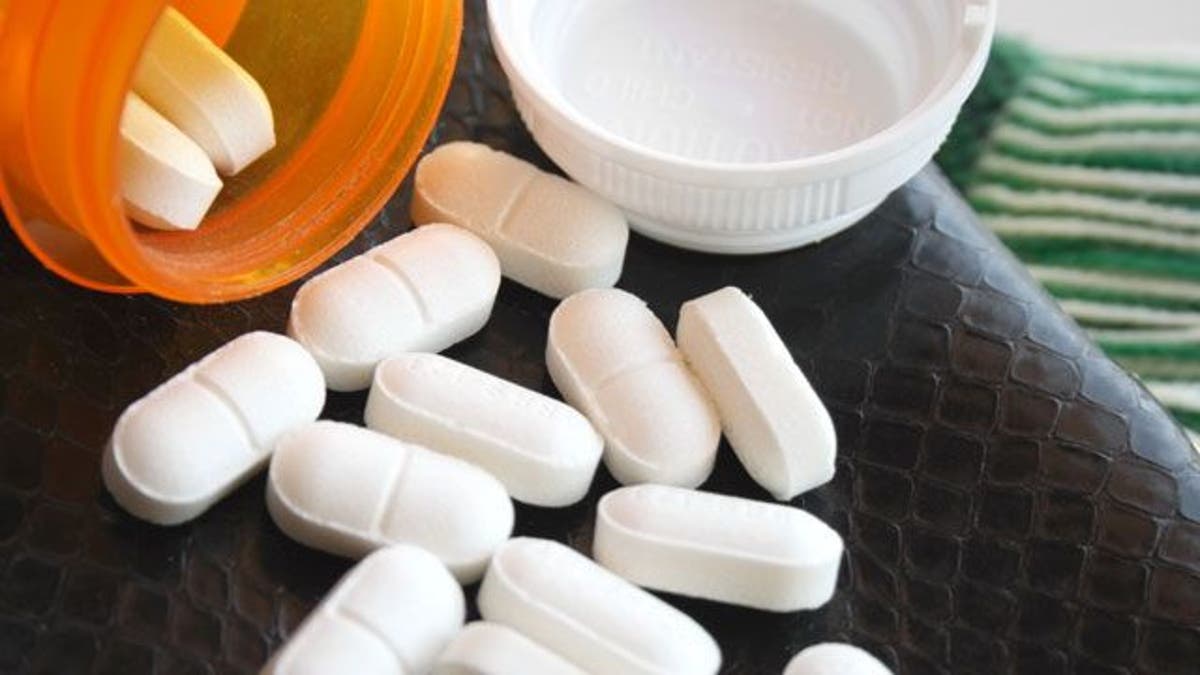
Statistics on teenagers abusing stimulant drugs to get ahead in school abound, but a new study suggests another rising problem among this age group: the abuse of sleep and anti-anxiety medications.
According to the study, published in the journal Psychology of Addictive Behaviors, teens prescribed sleep and anti-anxiety drugs may be up to 12 times more likely to abuse them compared to teens who have never received these prescriptions.
The number of anti-anxiety and sleep medications prescribed to teens has risen over the past decade, research shows. According to a 2011 survey by the Substance Abuse and Mental Health Services Administration, 3 percent of adolescents in the U.S. abuse these drugs.
"This is a wake-up call to the medical community as far as the risks involved in prescribing these medications to young people," lead researcher Carol J. Boyd, professor at the University of Michigan School of Nursing, said in a news release. "When taken as prescribed, these drugs are effective and not dangerous. The problem is when adolescents use too many of them or mix them with other substances, especially alcohol."
These medications can not only impair driving, the researchers noted, but they also can prove fatal when mixed with other substances. Abusing anti-anxiety and sleep drugs may also increase the chance of overdose, substance abuse disorders and criminal activity, according to the news release.
In their research, the study authors surveyed more than 2,700 middle and high school students online from the Detroit area twice annually from 2009 to 2012.
Nearly 9 percent had at some point been prescribed an anti-anxiety medication such as Xanax, Valium or Klonopin, or a sleep medication such as Ambien, Lunesta or Restoril. Students who stopped using the medications before the three-year study were 12 times more likely to use someone else’s anti-anxiety drugs illegally. Often, they obtained pills from friends or family members. This group of students was more likely to abuse the anxiety medications— which can provide euphoric effects— not the sleep drugs.
State and federal laws prohibit using someone else’s prescribed medication, or selling or giving these drugs to people without a prescription— which can be a felony.
"The public often thinks that nonmedical use of these prescription drugs is driven by doctor shopping and drug dealers, but it isn't," Boyd said. "It is driven by people with prescriptions who divert their pills to other people, who are usually friends or family members."
More than 3 percent of the study participants reported having a prescription for the anti-anxiety or sleep medications during the study. Compared to the students who never had these prescriptions, they were 10 times more likely to illegally acquire these drugs so they could get high or experiment, according to the news release.
"Prescribers and parents don't realize the abuse potential," Boyd said. "These drugs produce highly attractive sensations, and adolescents may start seeking the drugs after their prescriptions run out."
Half of the study participants were boys, while the other half were girls. Their average age at the beginning of the study was 14. Sixty-five percent of the participants were white, 29 percent were African-American, and 6 percent identified as either Asian, Hispanic, Indian or Alaskan Native. Eighty percent of the study participants had at least one parent with a college or graduate degree.
According to the news release, white students were twice as likely as African-American students to abuse a non-prescribed anti-anxiety or sleep medication. Females were also more likely than males to use these substances illegally.
While the researchers noted that the study results may not be consistent across the nation— as they were only gathered from one area of the U.S.— they pointed out that substance abuse assessments, in addition to strict limitations on prescription refills, may help reduce the number of teens that abuse prescription drugs. Pre-prescription education courses that help inform teens and their parents about the risks of abusing these medications may also help, they said.
